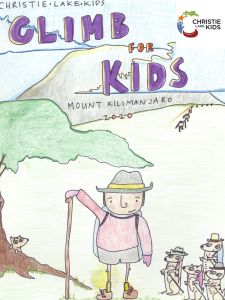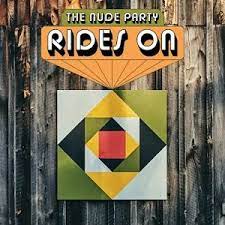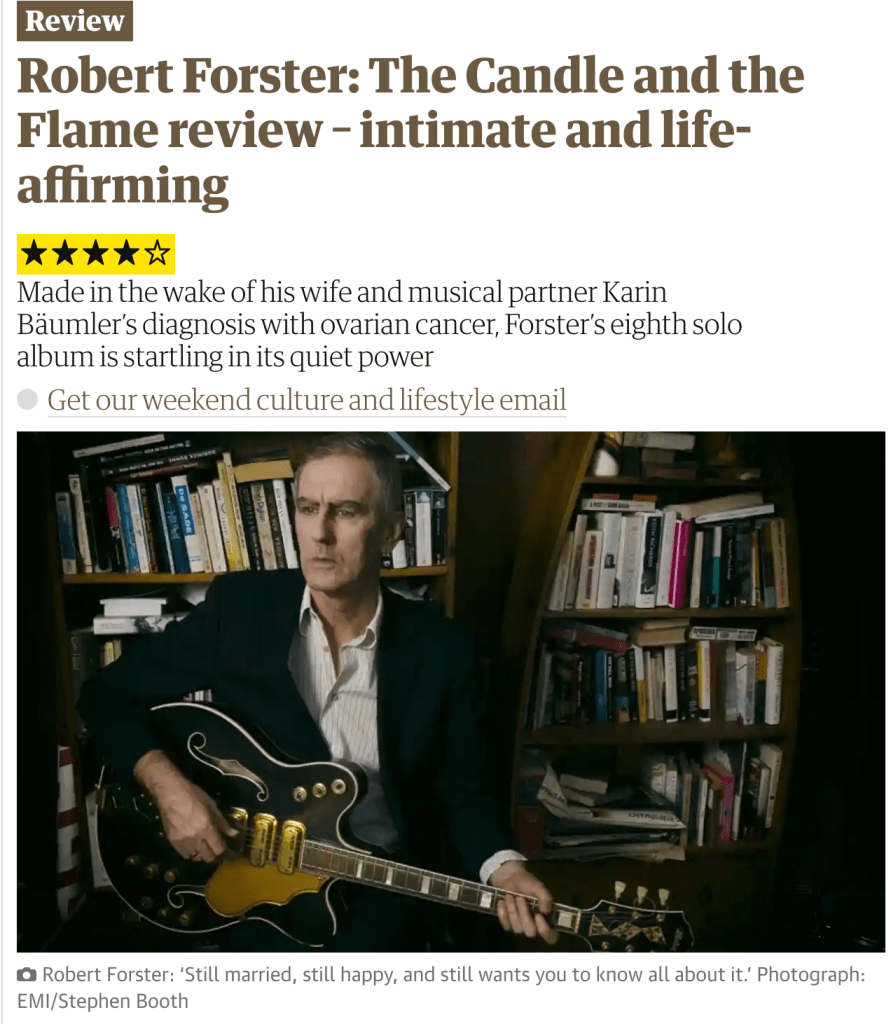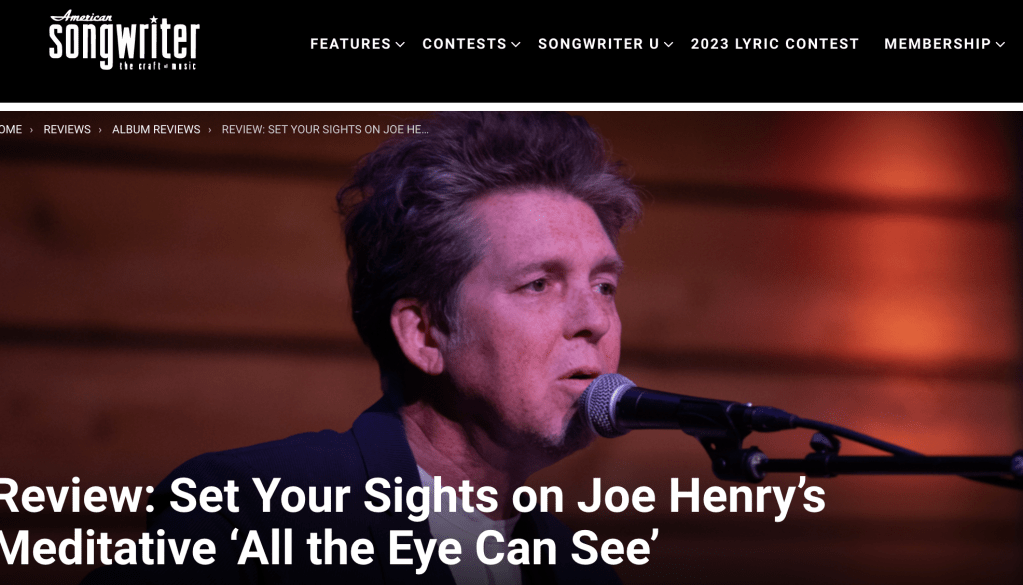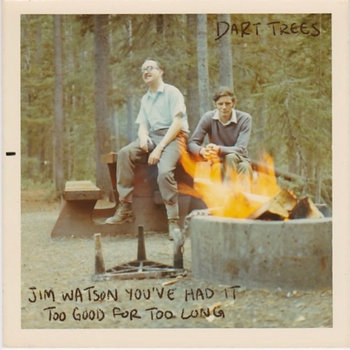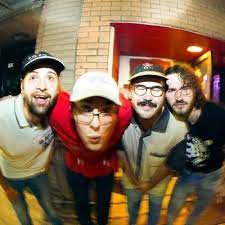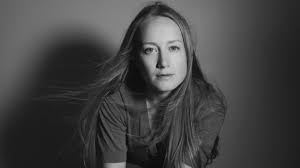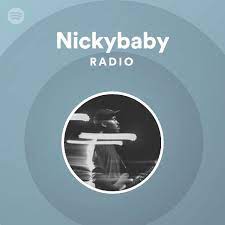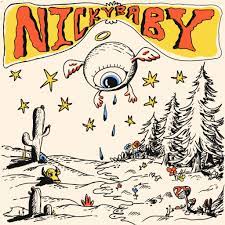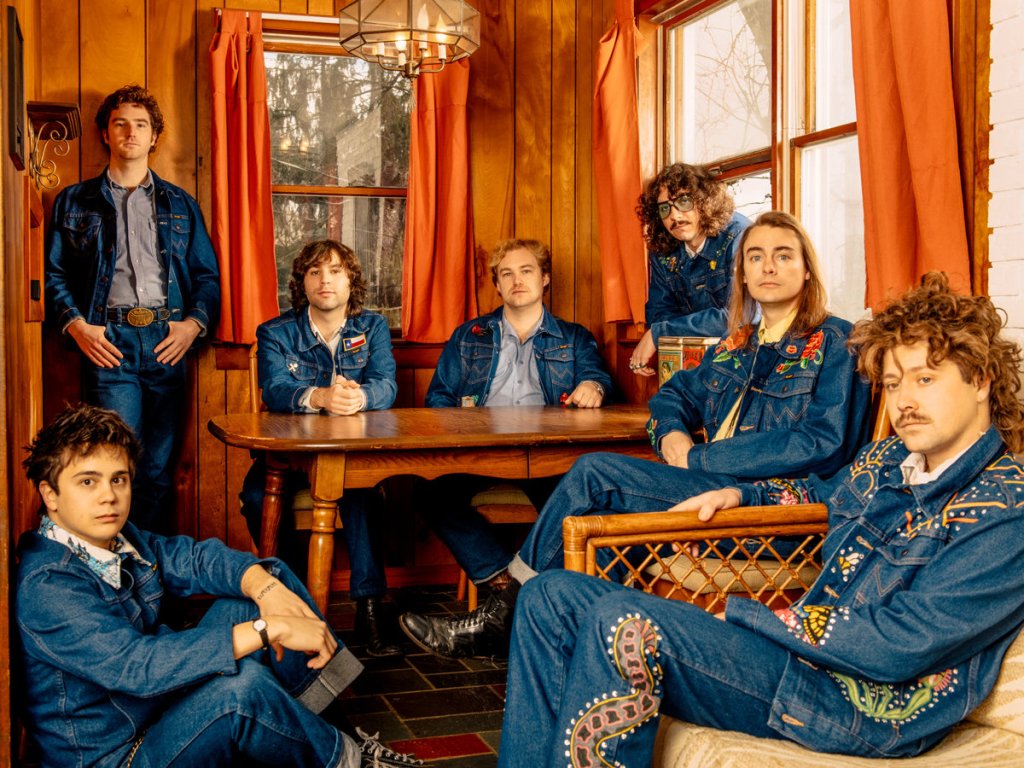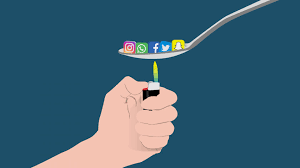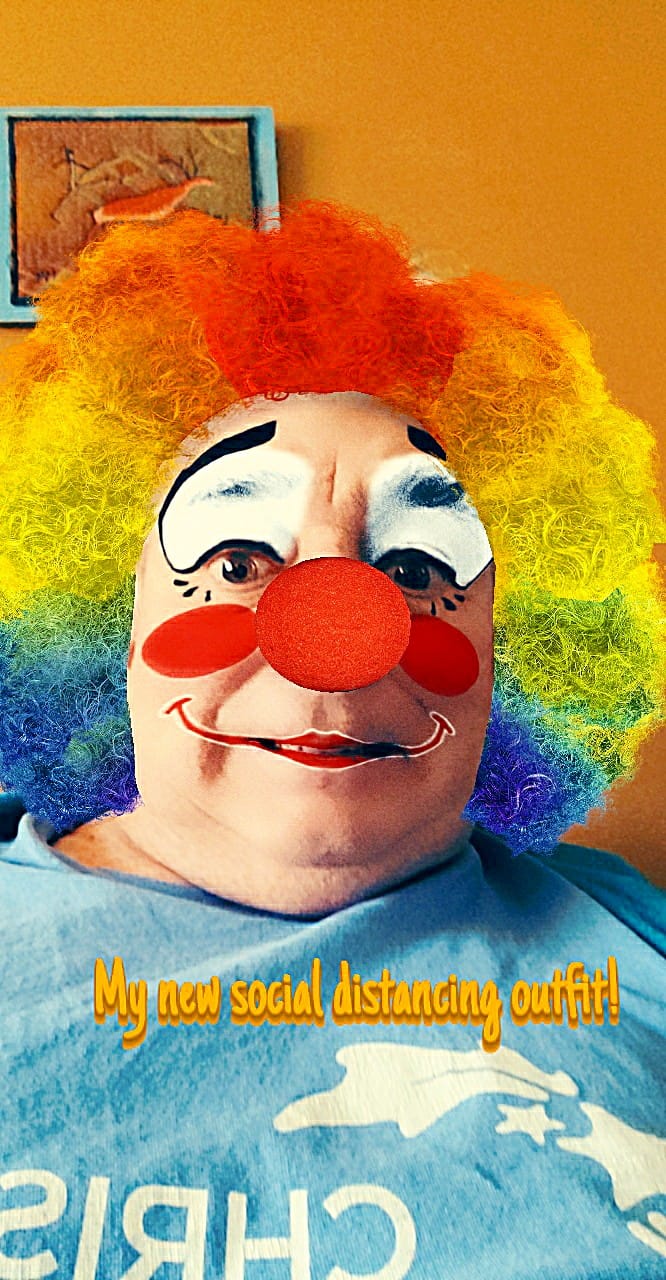wow – we have 45 episodes out there!!


Week 45
Jason Isbell and the 400 Unit – Death Wish
Blesse – Gant Noirs
The Nude Party – Ride On
Logan Richard – See Me Like This
Lana Del Rey – Did you Know there is a tunnel under Ocean Blvd
Nickybaby – She Sees Me
The Weather Station – Endless Time
Dart Trees –Bong and Mcquade
Valerie June – Stay
I seem to be going for the dark songs.
This one is compelling. Would love to see this live.
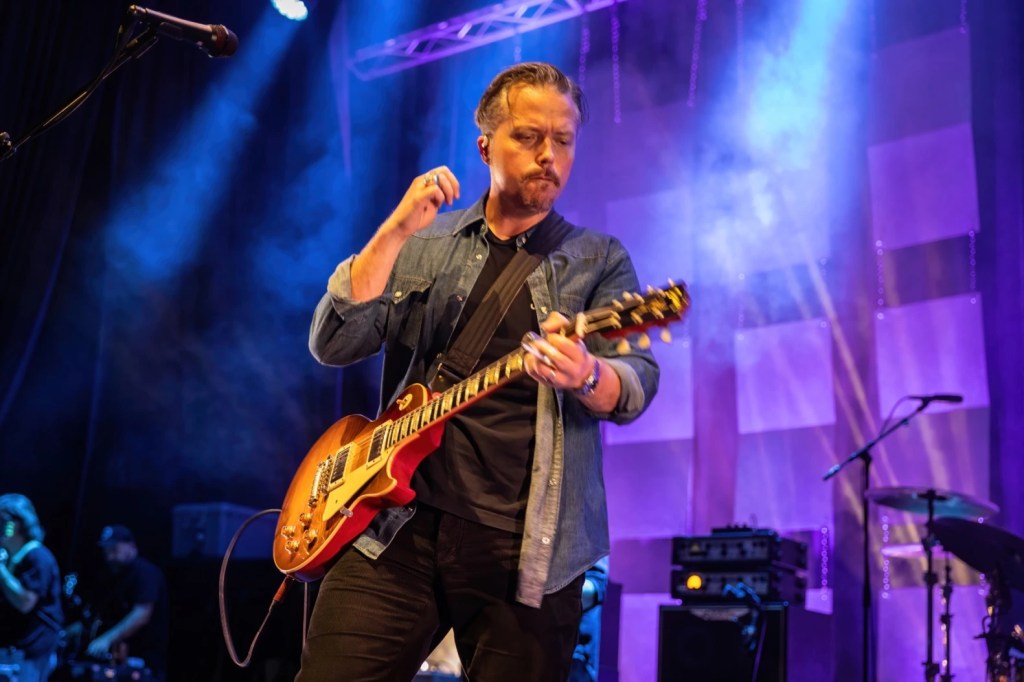
This is what Rolling Stone wrote, I would like to know lots more.
“Death Wish” immediately evokes a feeling of urgency with its sweeping guitar arpeggios and Isbell’s tense vocal delivery. “Did you ever love a woman with a death wish?/Something in her eyes like flipping off a light switch,” he sings, recounting a story about trauma and substance use seeping their way into a couple’s relationship. By the end, the song has grown to massive proportions, with swirling strings and multiple tracks of Isbell’s voice giving it a head-spinning effect.
Rolling Stone
This is the promo video for the new album
The Nude Party – Ride On
I don’t know this band, but they sound a bit like Lou Reed’s second coming.
Here is a video of them, not the song we are playing – this is more interesting
A review. I think this is their second album. Definitely a vintage sound. A review:
Following a debut EP and two albums with Black Lips‘ Oakley Munson in the producer’s chair, the Nude Party offer up their first self-produced effort, Rides On. It’s the culmination of an over-two-year period that generated over 20 songs — among them experiments with county and electro-pop — all tracked at the septet’s leisure in their own barn studio in upstate New York. When it came time to sequence the record, they homed in on songs that favored ’70s blues-rock à la Sticky Fingers-era Stones, albeit with conspicuous diversions into the ’60s among the 13 tracks that made the cut on an album full of vintage flair.
OK, here is a link to the song, but nothing but a visualization video
Lana Del Rey – Did you Know there is a tunnel under Ocean Blvd
Pretty haunting, could I say dark?
Pitchfork would seem to agree that this is where she was at in 2014:
In 2014, Lana Del Rey told a journalist that she wished she was dead, and for what seemed like years after, scarcely an article was written about her that didn’t mention it. Back then, the singer was still miserable at the sour critical reception of her debut album. She was, perhaps, peddling its underlying fatalism, pushing back on allegations that her noirish Born to Die persona was fabricated. Almost certainly, she was harboring the sort of creative ambition that craved association with tragic geniuses like Kurt Cobain and Amy Winehouse.
Pitchfork
I learn nothing from garbage writing like this, but it fills the pages but says a little about the song we are featuring.
Did You Know That There’s a Tunnel Under Ocean Blvd arrives as a sweeping, confounding work-in-process. It’s full of quiet ruminations and loud interruptions; of visible seams and unhemmed edges, from the choir rehearsal that runs through its opening moments to the sound of the piano’s sustain pedal releasing at its end. Beauty—long Lana’s virtue and her burden—fades or is forgotten, like that titular tunnel, its mosaic ceilings and painted tiles sealed up and abandoned. Here, Lana is after something more enduring, the matters “at the very heart of things”: family, love, healing, art, legacy, wisdom—and all the contradictions and consternation that come along with the pursuit.
Yes, more Pitchfork.
The Weather Station – Endless Time

But it’s only the end of an endless time
We laughed so much, we wore lines around our eyes
You can see it in that picture of us from long ago
How we changed
And it happened so slowly, we couldn’t even say
I gotta find that picture, I want to look again
I used to think that I could see everything
That met my eyes
Tamara Lindeman from an interview on Pitchfork
“When I wrote Ignorance, it was a time of intense creativity, and I wrote more songs than I ever had in my life,” the Weather Station’s Tamara Lindeman said in a statement. “The songs destined to be on the album were clear from the beginning, but as I continued down my writing path, songs kept appearing that had no place on the album I envisioned. Songs that were simple, pure; almost naive. Songs that spoke to many of the same questions and realities as Ignorance, but in a more internal, thoughtful way. So I began to envision How Is It That I Should Look At The Stars, a quiet, strange album of ballads. I imagined it not as a follow-up to Ignorance, but rather as a companion piece; the moon to its sun.”
Valerie June – Stay
much more interesting, from another show
Since darkness seems to be my theme for the week, here is an excerpt from a New York Times article about her written in March, 2021.
Above all, a willed and unblinking optimism courses through Valerie June’s songs. “One of my lessons for this life is, how can I keep my energy?” she said. “I know darkness. I know the blues. And so how can I use the blues as a fuel for what I wish to say? You know, the negativity is always going to be there. It’s just, how do you work with it? We all have these seeds of darkness within us and we all have these seeds of light. We get the choice.”

Blesse – “Gant Noirs” from Normal
Montreal’s Blesse are a trio from Montreal who have just recently released the lp Normal. Members Léo Leblanc, Charles-Antoine Olivier (aka CAO), and Xavier Touikan used to be members of Polaris nominated Zen Bamboo. Blesse display an eclectic mix of sounds ranging from psych-pop to bedroom lo-fi LCD Soundsystem grooves. The song “Gant Noirs” sounds like a male Quebecois Wet Leg.
Readrange gets us all caught up with Blesse.
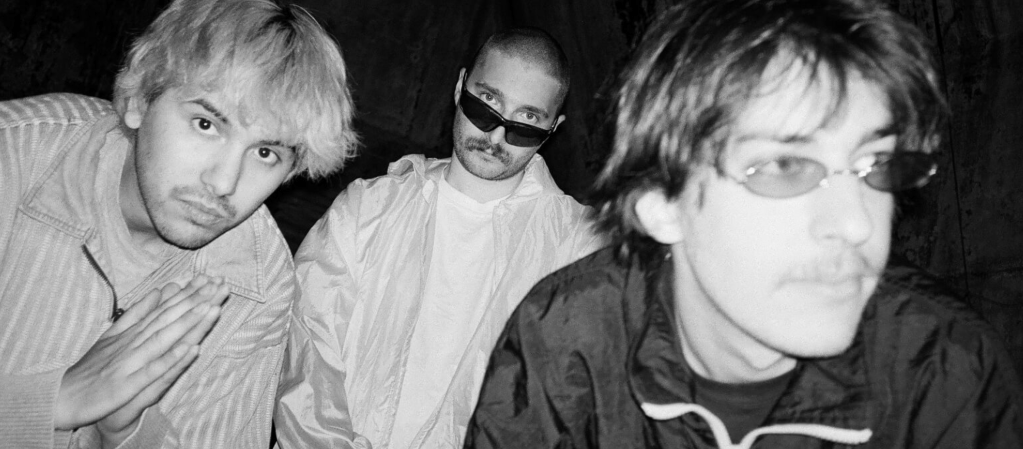
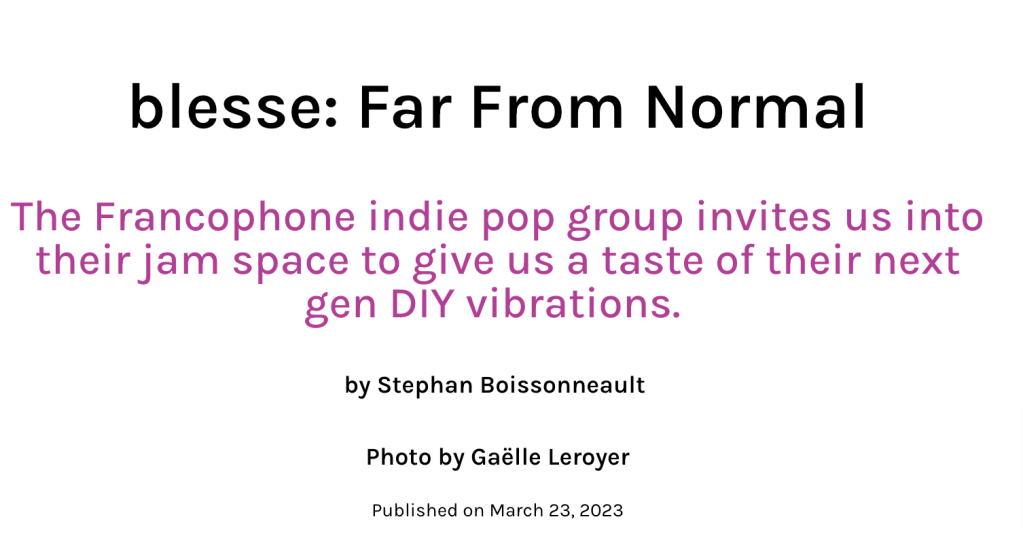
Logan Richard – “See Me Like This” from Learning to Love ep
Logan Richard has been described as the Canadian East Coast’s answer to John Mayer, Bahamas, Billy Joel and Colin James all rolled into one. While that may not be a good idea, this track is:
Richard reminds me more of Scotland’s late great lamented The Thrills

Logan Richard‘s latest release, “See Me Like This,” is a fantastic blend of retro and modern sounds. It is the kind of song, for me, that Harry Styles would pay good money to have written for him. The piano takes the lead in the song, with its live sound providing a sense of authenticity. The bass line is groovy in an old-fashioned Paul McCartney sense, while the percussion gives the song a nice swagger.
Nickybaby – She Sees Me from “Nickybaby”
Nicholas Goszer, who records as Nickybaby, was born and raised in Winnipeg, Manitoba, Canada. As evidenced, his music is influenced by Elliott Smith, Silver Jews, Jonathan Richman and The Velvet Underground.
However, don’t confuse him with this Nickybaby
Always request the Canadian one!
Nickybaby features 10 deeply personal tracks with themes of addiction, loss, doubt, friendship, and love
Canada Beats
Winnipeg’s Nickybaby (Nick Goszer) shares his debut self-titled LP with the world via Slow Shine Records. The album features Nicky’s deep and honest songwriting and poetry backed by a full band. The album was produced by Adam Soloway and Gilad Carroll (Living Hour) and mixed by Brady Allard (Warming). The album also features contributions from Sam Sarty and Brett Ticzon (Living Hour).
Dart Trees –Bong and Mcquade from “Consider Two Beers”
I believe Dart Trees is one of the first Ottawa bands featured on this venerable podcast and what a good choice it is! I’m gonna get lazy and describe Dart Trees as giving off a slacker stoner “Mac Demarco” vibe but there you go. This ep is a lot of fun.
The track reminds me of the Parquet Courts which is definitely a good thing.
Check out the whole ep here:
